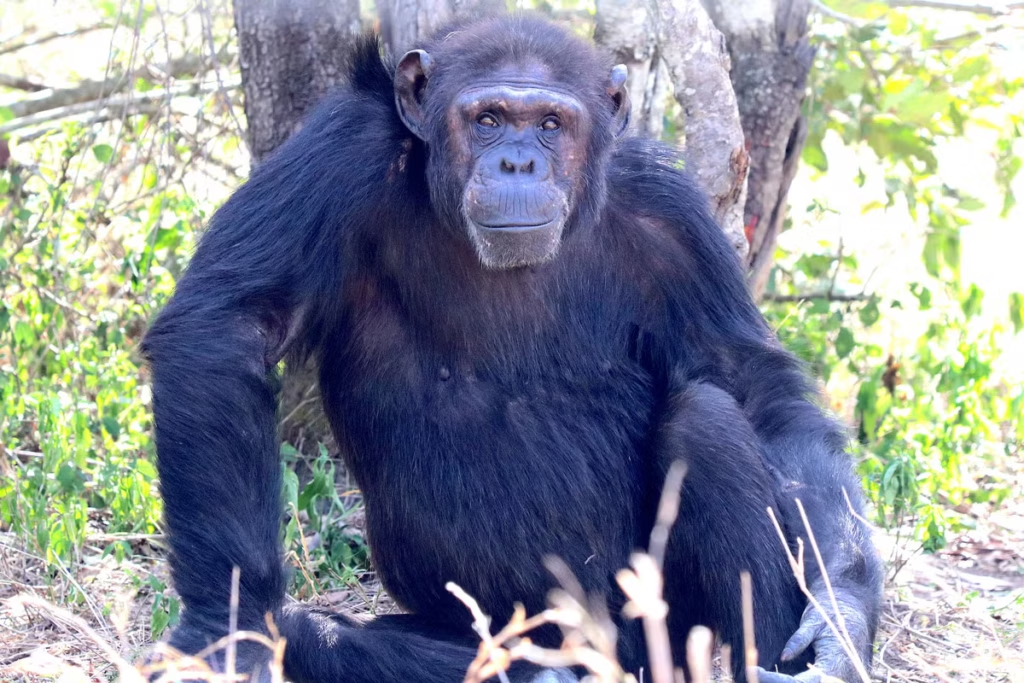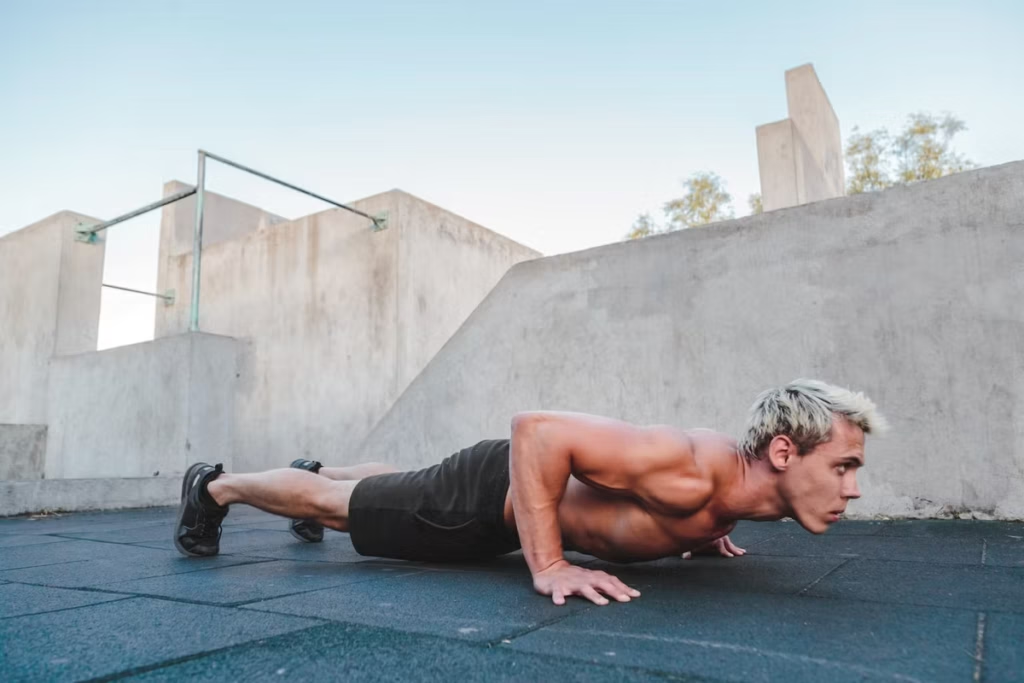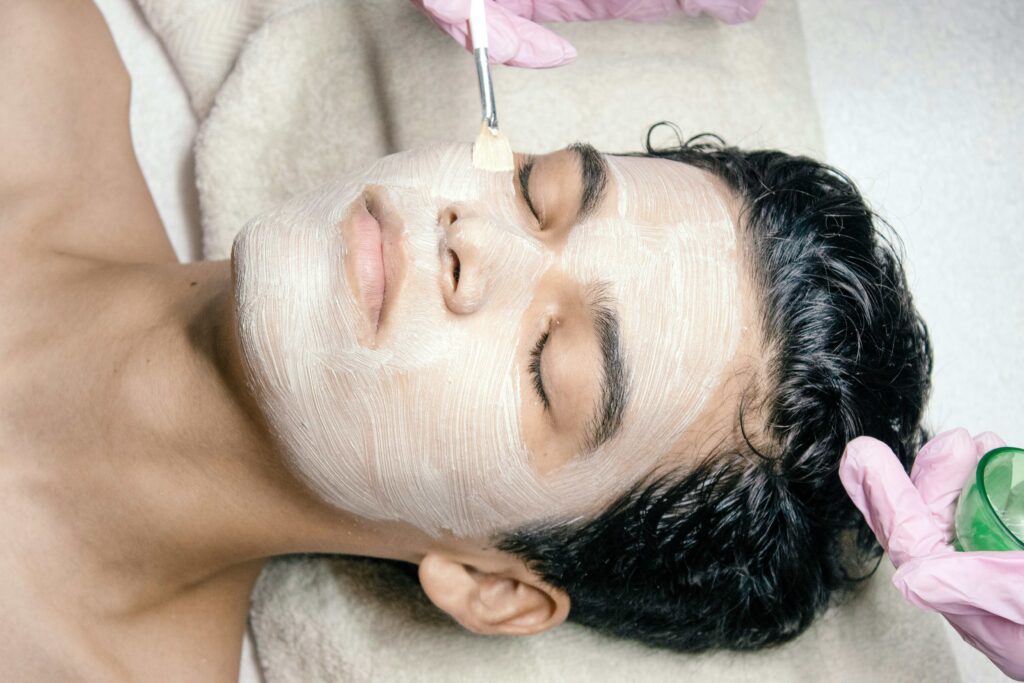WE ALL KNOW a tough workout saps your energy and can leave you feeling fatigued afterwards. Indeed, that’s often the point. But could it also make you vulnerable to infection? It might, if new research on firefighters is anything to go by.
In a study by the US Department of Energy’s Pacific Northwest National Laboratory, 11 young firefighters went through a rigorous training exercise, carrying up to 20 kg of gear over hilly terrain during a 45-minute training exercise in the sun. Gloves, helmets, torches, goggles and more weighed them down as they sprinted through the countryside wearing fire-resistant clothing.
Afterwards, they immediately went to the medical tent to give samples of their blood, saliva, and urine for analysis, as researchers examined more than 4,700 molecules, seeking to understand what happens when the body undergoes intense physical exercise.
While the aim of the study was to examine how the body is affected by heat stress in order to increase safety for first responders, the researchers made an unexpected finding in the firefighters’ saliva: there was a change in the microbial mix of the mouth showing that the body was increasingly on the lookout for bacterial invaders.
Scientists also saw a decrease in signalling molecules important for inflammation and for fighting off viral infections.
A decrease in inflammation allows you to breathe in air more quickly, meeting the body’s demand for more oxygen during exercise. The problem is that less inflammation leaves the body more vulnerable to viral respiratory infection, a phenomenon previously documented in elite athletes and others who exercise vigorously.
Previous studies have shown that a person is up to twice as likely to come down with a viral respiratory infection in the days after a particularly strenuous workout.
“People who are very fit might be more prone to viral respiratory infection immediately after vigorous exercise. Having less inflammatory activity to fight off an infection could be one cause,” says study author Ernesto Nakayasu.
There is evidence that moderate physical activity among healthy people can boost the immune system long term. A 2021 study, for example, found physical activity strengthens the immune system, suggesting a benefit in the response to viral communicable diseases, with those researchers recommending exercise as an “auxiliary tool in strengthening and preparing the immune system for COVID-19”.
But what happens to our defences immediately following strenuous exercise, which may be an acutely vulnerable period, is still unclear.
It’s worth noting firefighters are uniquely exposed to pollutants during fires that may also change their immune reactions. However, together with previous studies, “there is evidence supporting a relationship between physical demands and a higher incidence of respiratory infections,” says Nakayasu.
While the science remains in flux the research does underscore the importance of recovery after intense exercise, not only to help your muscles recover but also, perhaps, to boost your immune defences.
Related:
Study suggests regular exercise could lower your risk of developing Covid-19
This is why your cardiovascular fitness matters















